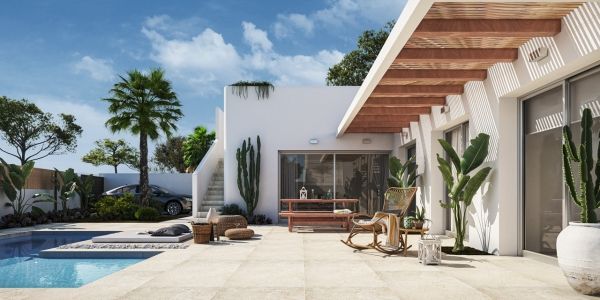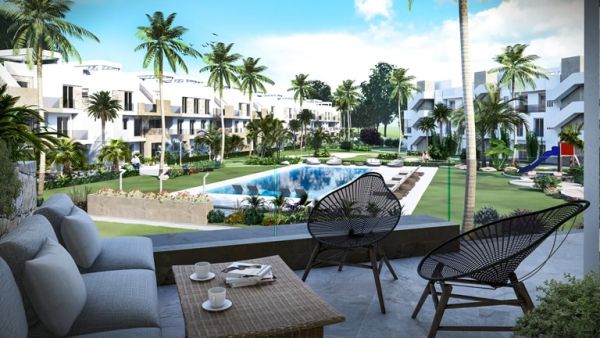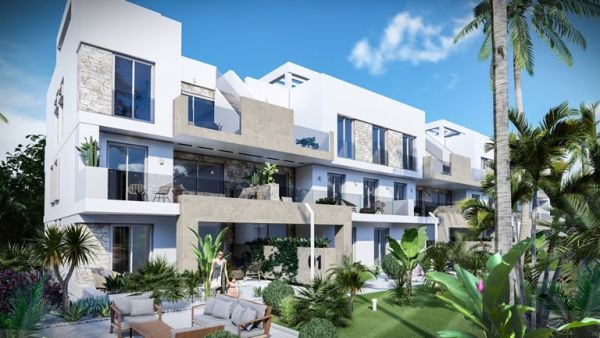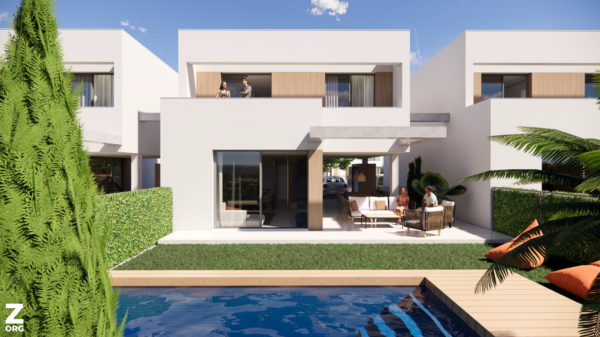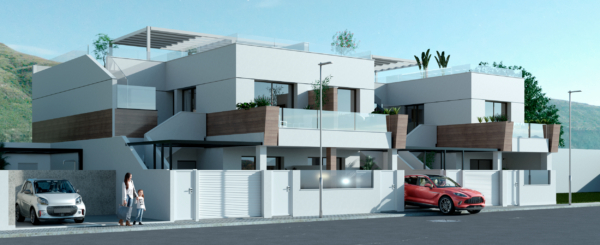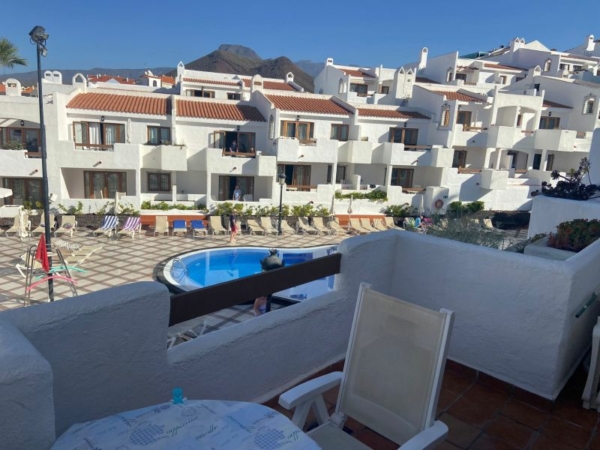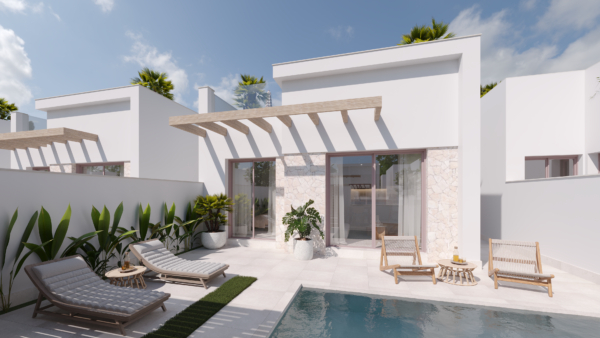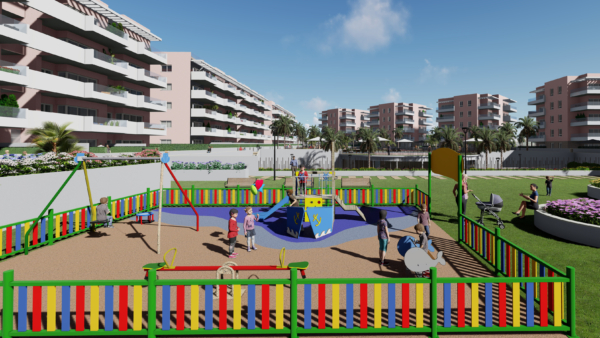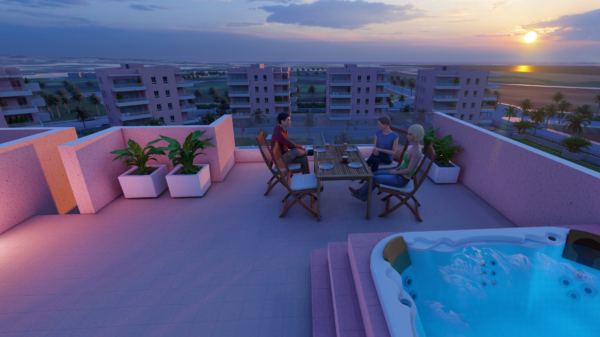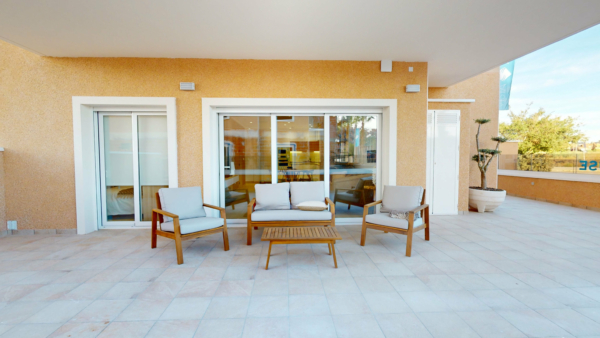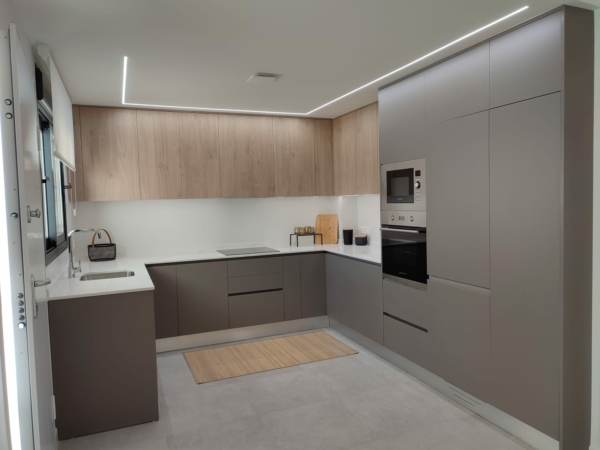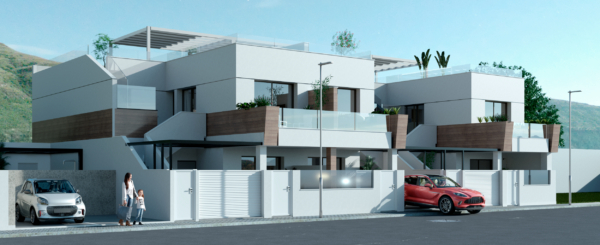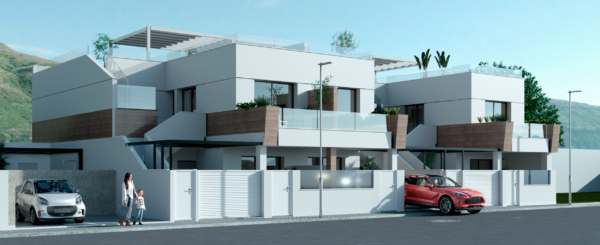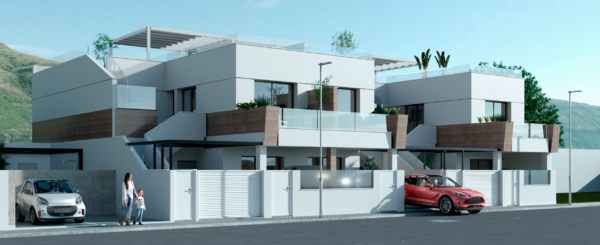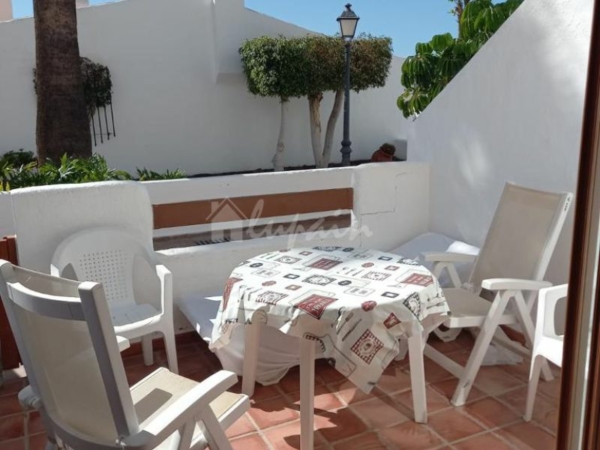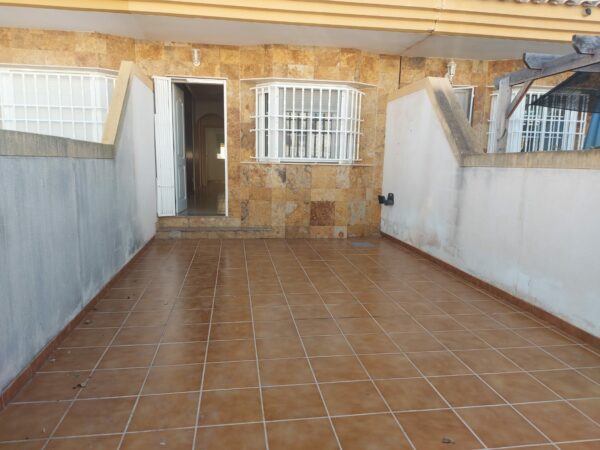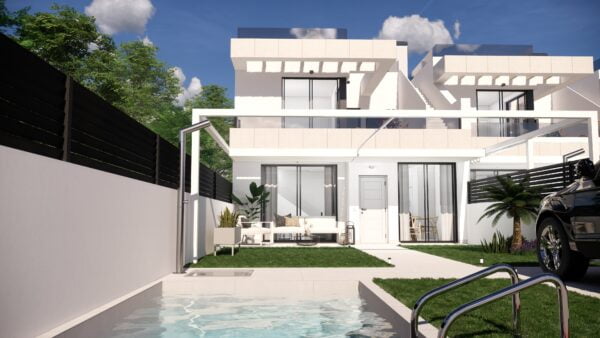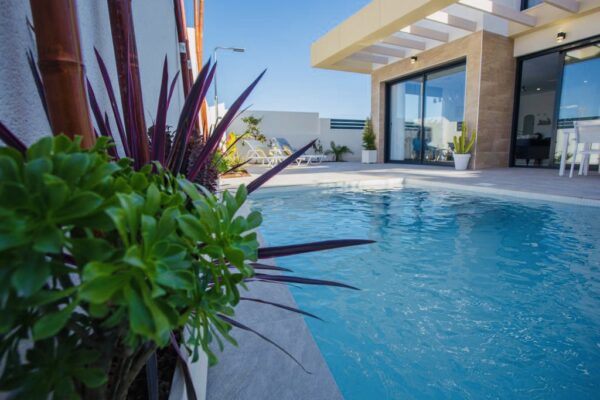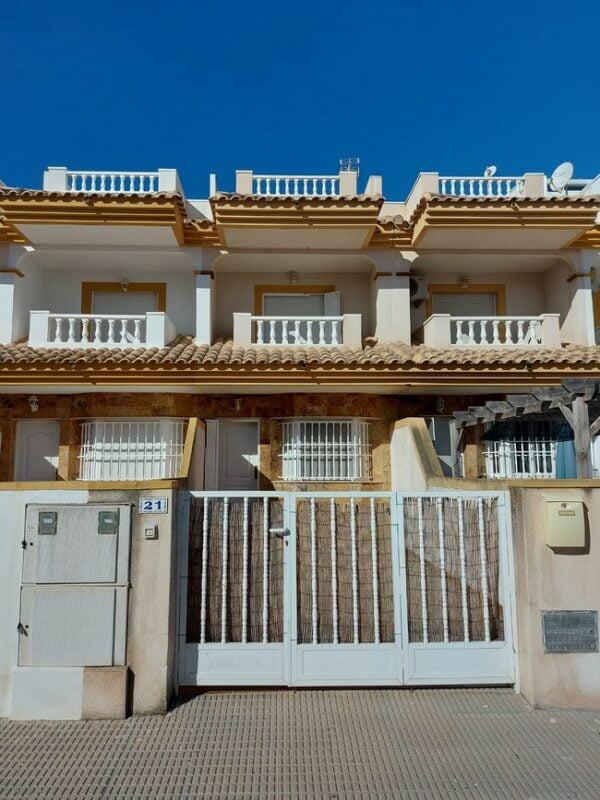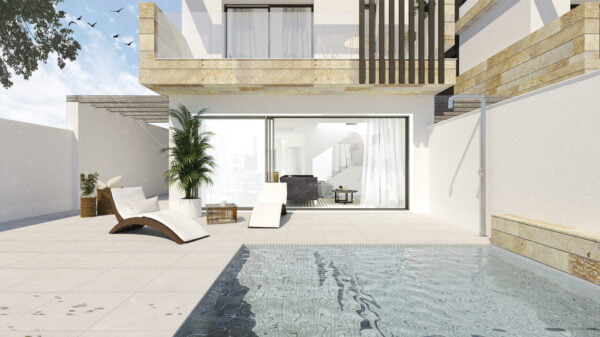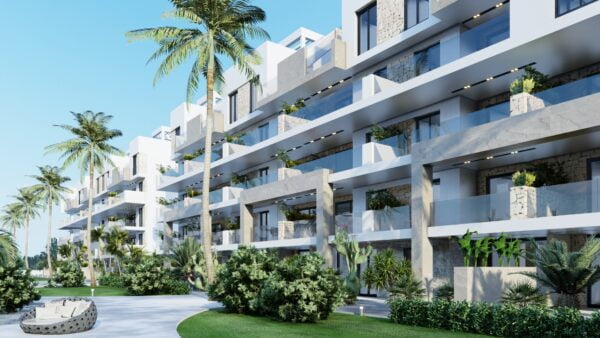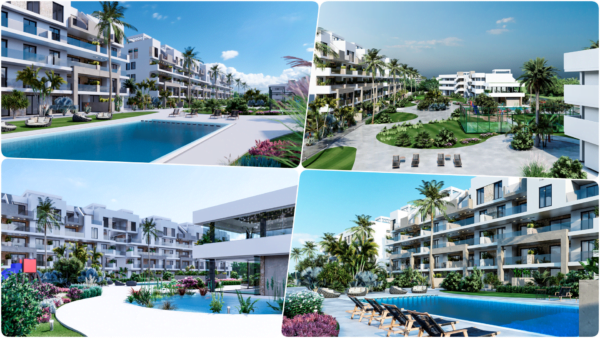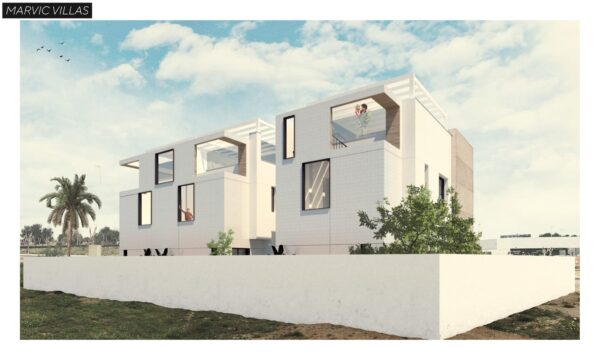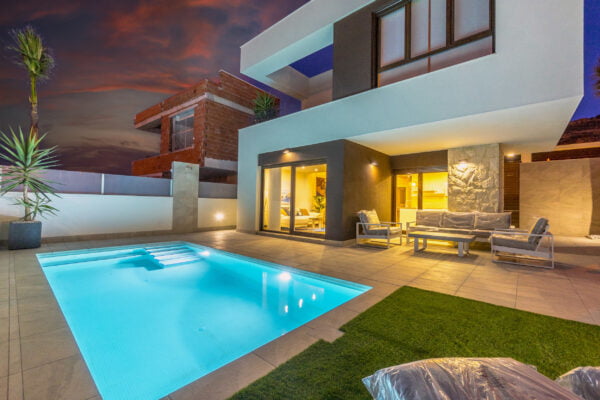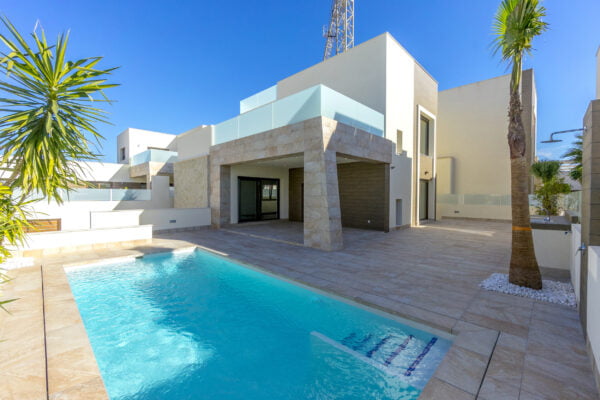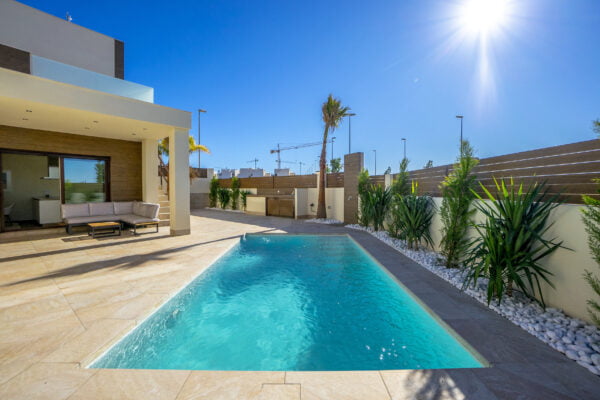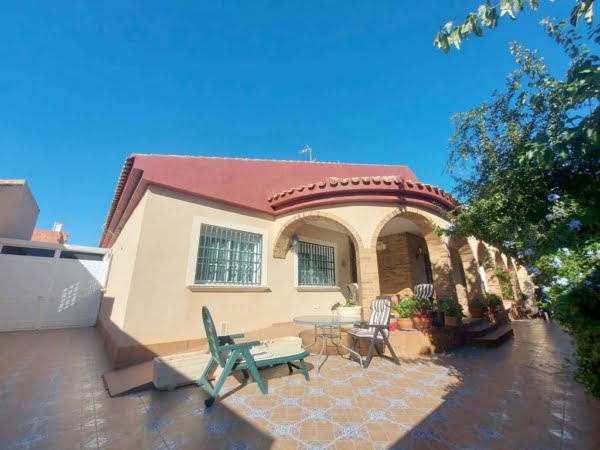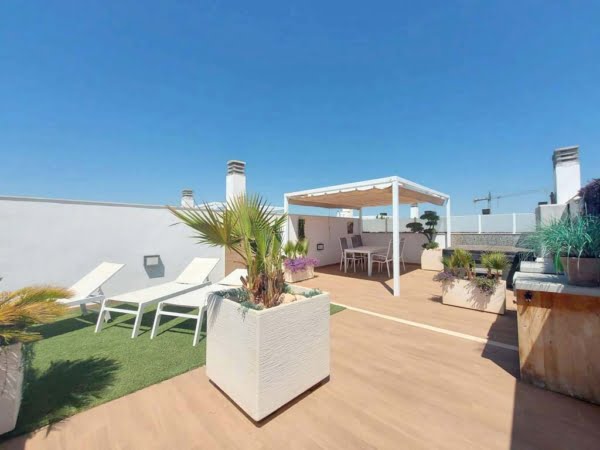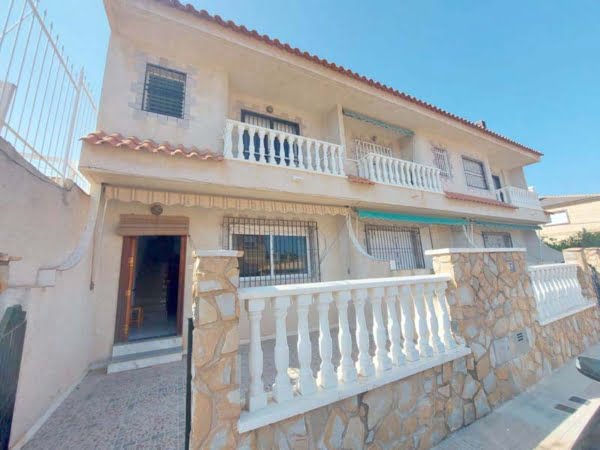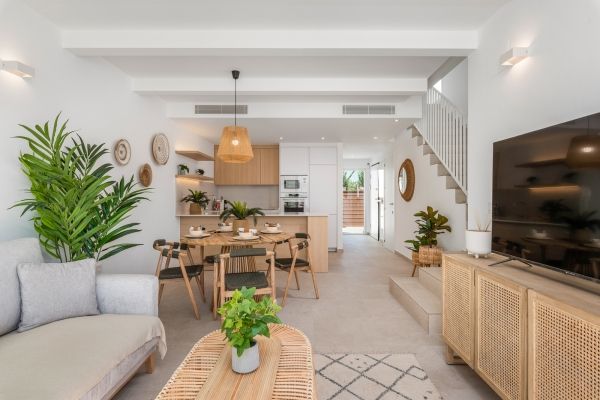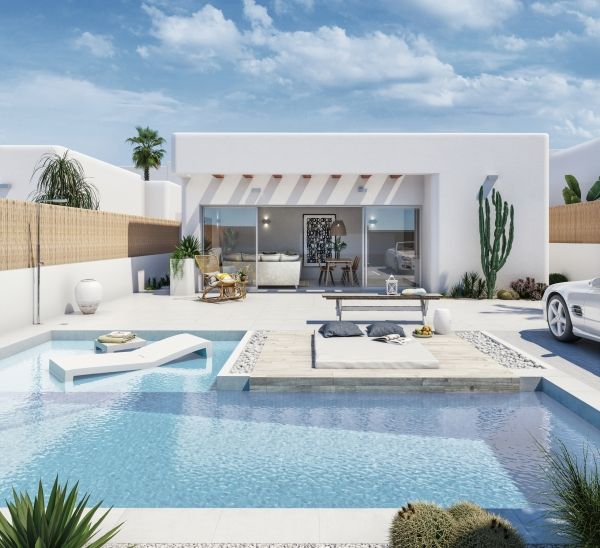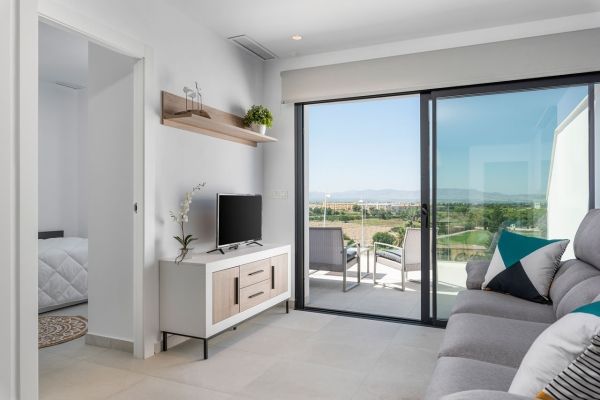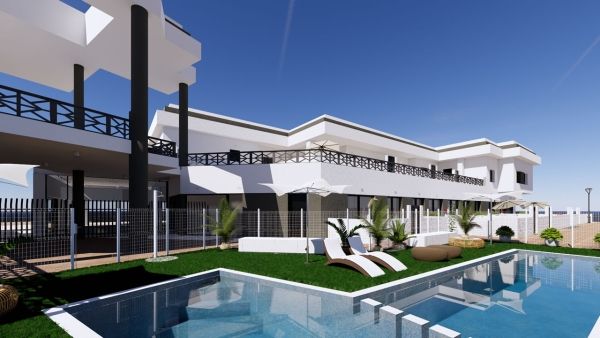Arrange your viewing
When you find a property you are interested in on our site you can schedule a viewing directly from the listing itself – a limited window of dates in advance are available. If you are wanting a date outside of the available range, pick the last date and write in the message box your preferred availability, or better still simply request a video call instead and arrange verbally with the seller.
Remember however that the seller will need to confirm your selected date and time beforehand – please don’t simply turn up at the property, they may have other viewings, or may not be in!
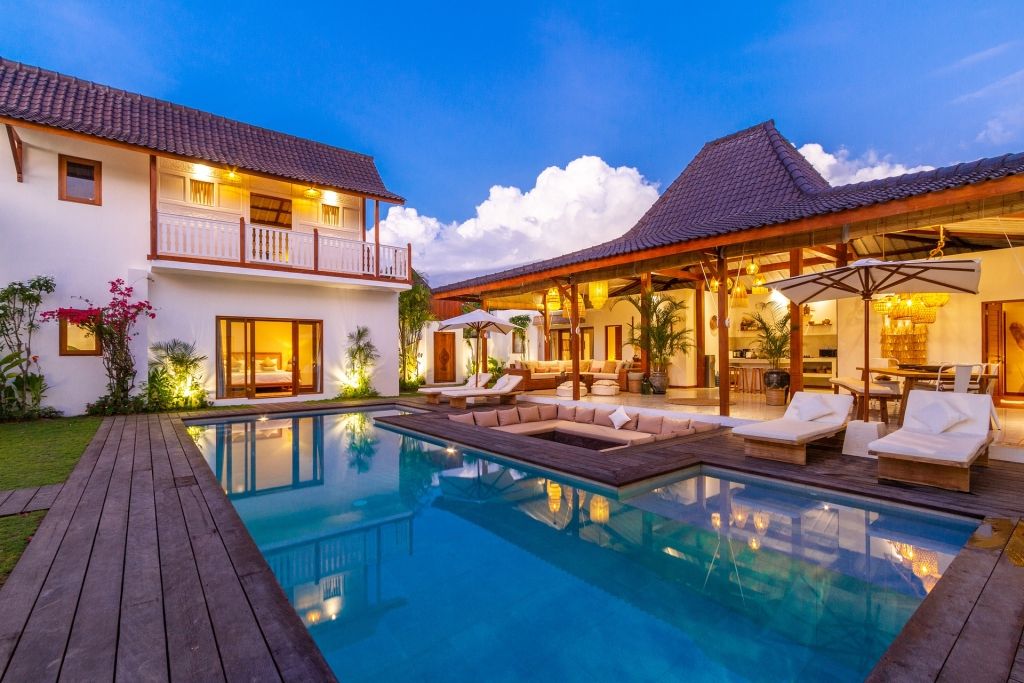

Is the price right?
Our advice is to seek out similar or comparable properties on this site, as well as those of other real estate sites. If the seller has been honest and has also done their research it is likely that the properties here will be priced more competitively since they’re not having to factor in high agency fees. This is advantageous to the seller, as they save money, can offer their property at a realistic price and get a quicker sale. For you, this means that you get a bargain but it also means that there is likely to be less room for negotiation. If however, you find the property price similar to comparable properties on other real estate websites, this may give you a larger margin for negotiation, or you should ask the seller why they believe that their price point is justified – quite possibly, and check the details, perhaps they are including a motor car in with the sale, or some other unique feature such as private access to the beach, fantastic sea views and so on which might justify the higher price.
General tips for viewing
If you wish to take photos whilst viewing a property please ask permission first as to not do so could be seen as an invasion of privacy. It is only courteous to do so.
The seller may wish to accompany you around their house, so don’t feel offended if they don’t leave you to your own devices – consider how you would feel letting strangers loose around your own home!
Ask questions (some suggestions below), that’s what the seller is principally there for.
If you want to see how much storage space there is, ask if you wish to look inside a wardrobe, cupboard or similar first!
If you can, take someone with you – a second pair of eyes, and memory will help you to view the property objectively and prove useful when discussing later.
If you are viewing multiple properties, leave yourself sufficient time to look at each property and allow time for travel between each viewing. Seller’s may well have other viewings booked in on that day and it may be difficult for them to show you around if you are late and coincide with another viewing.
Ideally view the property during the day when the light is good, however you may wish to arrange an additional viewing for an evening, or at least visit the area in the evening to judge whether it is a noisy neighbourhood and so on. A second viewing also gives you a further opportunity to raise additional questions you did not think about before. Similarly, arrive in plenty of time before your viewing and have a drive around the neighbourhood to check distances from local amenities and if you get a good ‘feel’ for the area.
Properties in Spain are most often sold with the furniture you see in situ. It may not be to your taste. The seller may well intend to take some items with them – check what is and what isn’t included as part of the sale. Hopefully the seller has made this clear on the property listing.
Be as friendly and polite as possible with the seller, after all, if you are interested you want to have built a good relationship with them. If you’re stand-offish, rude or overly critical they’re hardly likely to do you any favours when it comes to negotiating a price. If you do have any criticisms, keep them to yourself, you can always bear these in mind should you enter into negotiations.
Take a copy of the property listing with you – you can make notes on it as you view the property and will be a useful reminder.
Have a list of must-haves, nice-to-have and so on, check off as many as you are able – this might be a good strategy when comparing a number of properties you have arranged to view. Bear in mind that it is unlikely that you will find a property which will exactly match all of your requirements, not impossible but the timing would have to coincide with your searches! This being the case, what could you compromise on, or develop yourself? If you find after viewing 3 or 4 properties that they’re not ticking enough of your boxes it is probably time to reassess your requirements, your budget or both.

North, South, East, West
If you are buying a property in Spain as a holiday home, as an investment, or planning on renting out, the facing aspect of various of the outside areas may play an important role. If the facing aspect of a property is important to you, take a compass!
South facing properties enjoy more sunshine (and heat) than North facing properties. In fact, in the winter, if you weren’t aware, Spanish properties, particularly those facing North can be very cold in the winter months. Properties aren’t insulated (often) in the same way as those found perhaps in the UK. A Spanish property is designed to be cool inside (if you keep the blinds down!).
You may wish to also look into how the property is heated in the winter months, and of course conversely cooled in the summer months. In the case of air conditioning, consider the age of the air conditioning units, older units are likely to be less efficient than more modern, perhaps recently replaced ones.
Some questions you might wish to ask
- How long has the property been on the market?
- Have you had many viewings to date? (if they’ve had a number of viewings and still haven’t sold, maybe the issue is price?)
- Have you had any offers? (if these were declined perhaps the seller might share the details – this can help you with price negotiations if you decide to make an offer)
- Is the property part of a community? What are the fees?
- When was the boiler last serviced?
- What improvements have they made to the property since they moved in?
- What are their neighbours like? (if their response is rather non commital, it could be because they perhaps keep themselves to themselves perhaps? or maybe not!)
- Why is the seller selling? Reasons might include upgrading, downgrading, moving back to their original country etc.., dependent on their answer you could inquire whether they have a new property lined up – this might give you an indication on the urgency of their sale, a useful bit of information when negotiating!
- It may be also useful to know what their average utility bill costs area – electricity, gas, water, local taxes.
Private Pool?
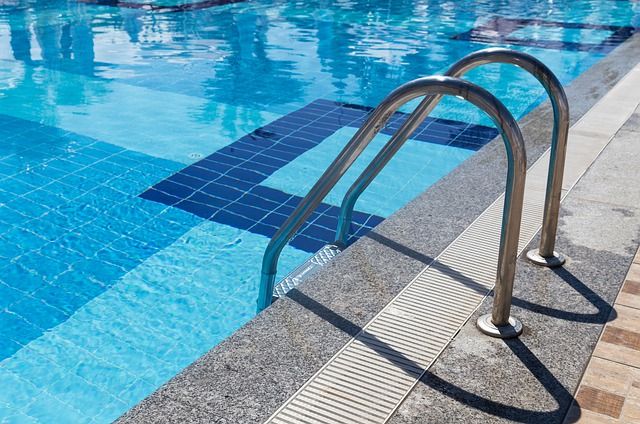
If the property has a private pool, ask if all the pipework is in good order (skimmer works, bottom drain, hoover point, return jets. The pool pump may well be in operation so you might be able to observe this).
Take a look to see if the tilework is in good order, no black or brown stains on the grouting. Ask how old the pool is, when it was last regrouted. An 8×4 pool could cost between 700 and 1000 euros to regrout plus another 200 or so for refilling with water. Spanish builders are notorious for using cheap flexible pipework rather than solid plastic, and over time as ground settles pipes can get squashed and suction and so filtering become less effective.
Do they clean their own pool or have a pool cleaner, what are they charged – remember if you don’t want to clean the pool yourself it’s useful to know what the running costs will be.
Also enquire if the pool is detailed on the escritura. If it is not, the pool could have been built afterward and may not be licensed. Licenses can often be applied for retrospectively depending on when the pool was built. If you do not check and you go on to buy the property you will become liable for charges with regard to permission thereafter.
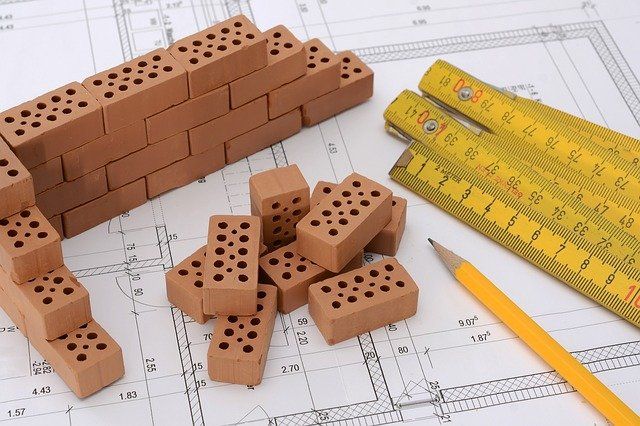
Building Modifications
In a similar vein to licenses for addition of a pool, other modifications may have been made to a property such as the adding of underbuild storage or living spaces, or even extensions or other permanent structures.

Building Modifications
In a similar vein to licenses for addition of a pool, other modifications may have been made to a property such as the adding of underbuild storage or living spaces, or even extensions or other permanent structures.
Again, these should be listed on the escritura, and you should note that where any licenses have been granted, particularly for underbuild, these may not be for liveable accomodation but rather than storage spaces (these should not be listed in the property details as additional bedrooms for example, as to do so is both misleading and unlawful).
Again, these should be listed on the escritura, and you should note that where any licenses have been granted, particularly for underbuild, these may not be for liveable accomodation but rather than storage spaces (these should not be listed in the property details as additional bedrooms for example, as to do so is both misleading and unlawful).
